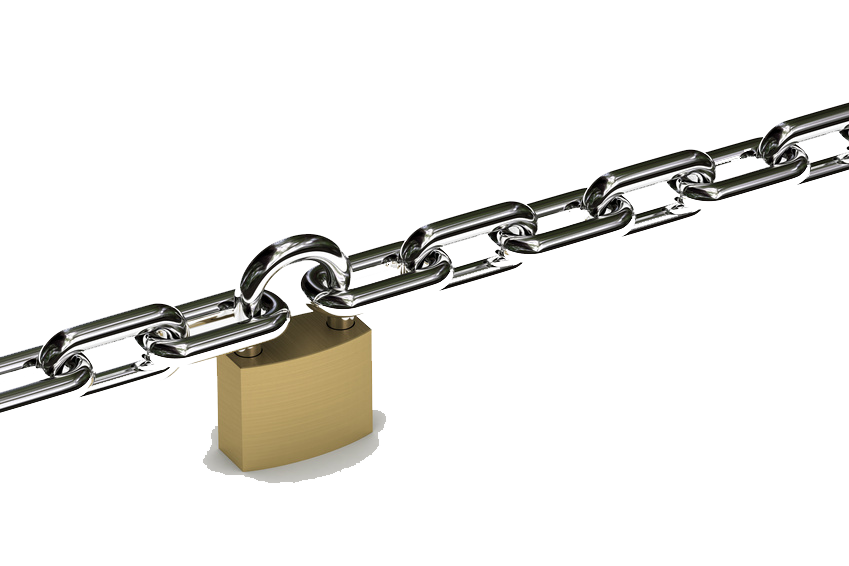CARL WATTS & ASSOCIATES
May 30th, 2011

|
Washington DC
|
tel/fax 202 350-9002 |
Mortgage Debt Forgiveness
|
The lender has to submit Form 1099-C both to the IRS and to the person whose debt was canceled or forgiven. Form 1099-C reports the amount of canceled debt in box 2. If you gave up your home in a short-sale, foreclosure, or other settlement process, the amount shown is for the loan principal that was left unpaid after the settlement. A description of the debt is shown in Box 5, such as the address of the property that the loan was for. Box 7 of the form reports the fair market value of the property. In a foreclosure situation, the gross bid price from the foreclosure sale will be shown as the fair market value.
|
|
Examine Form 1099-C carefully and notify the lender immediately if any of the information shown is incorrect.
|
|
You should pay particular attention to the amount of debt forgiven in Box 2 as well as the value listed for your home in Box 7.
|
|
|
|
If you qualify to exclude some or all of the debt under the Mortgage Forgiveness Debt Relief Act, you must claim the exclusion by filling out Form 982, Reduction of Tax Attributes Due to Discharge of Indebtedness, and attach it to your federal income tax return for the year.
|
|
On Form 982 you will have to indicate which exclusion applies to you and the amount of debt being excluded from tax.
|
|
If more than one exclusion applies to you, you need to file a Form 982 for each exclusion.
|
|
As mentioned before, for those who don’t qualify for this exclusion, the tax code provides other ways that canceled debt can be tax-free:
|
|
|
|
|
Certain business or farm property may also qualify for tax-free treatment.
|
|
If you are faced with foreclosure or short-sales, it might be more advantageous to utilize the mortgage exclusion for acquisition debt and the insolvency exclusion for home equity and other types of canceled debt before considering a bankruptcy case.
|
|
The current mortgage forgiveness relief is a great benefit to struggling taxpayers today, but there may be a price to pay eventually. If you take advantage of debt cancellation and keep your home, you are required to reduce the basis (original price of the home) by the amount forgiven when you sell the home. This may create a larger gain in the future, possibly resulting in an increased tax bill.
|
|
Remember, especially when faced with difficulties, professional help may be more precious than ever.
|
|
|
|
Troubles viewing this message? View in browser online here
|
|
For a few years now, the housing market has gone through a rough time, to say the least.  |
|
|
On top of the misfortune of losing their homes, these people face possible severe tax consequences as anytime a lender cancels or forgives debt, that is usually a taxable event.
|
|
|
|
|
|
The IRS states “Generally, if a debt you owe is cancelled or forgiven, other than as a gift or bequest, you must include the cancelled amount in your income”.
|
|
|
|
|
|
Not only does this impact how much tax is paid, but can reduce deductions that are limited based on adjusted gross income.
|
|
|
In an effort to offer relief to homeowners who would owe taxes on forgiven mortgage debt after facing foreclosure, in 2007 the Congress introduced the Mortgage Forgiveness Debt Relief Act, which was later amended and extended through 2012 with the Emergency Economic Stabilization Act of 2008.
|
|
|
|
|
|
|
|
Current tax law provides three remedies for excluding canceled debts from taxes. There's an exclusion in the case of insolvency, for cases involving bankruptcy, and an exclusion for certain types of mortgage debt.
|
|
|
|
|
|
To benefit from the mortgage exclusion, the following criteria must be met:
|
|
|
|
|
|
|
|
|
|
Canceled mortgage debt of up to $2 million (or $1 million if single or married filing separately) can be excluded from your income.
|
|
|
You may need to document how your loan proceeds were used, to separate acquisition debt from home equity debt.
|
|
|
If your only loans were the original mortgages used to buy your house, then all of your debt will be acquisition debt.
|
|
|
For refinanced loans, only the outstanding balance on the original acquisition debt mortgages will count. If you did a debt consolidation refinance, or took cash out, or had a home equity line of credit used for purposes other than to acquire a house, then that part of your debt will be home equity debt. This home equity debt will not qualify as part of the $2 million exclusion, but may qualify for exclusion under the insolvency or bankruptcy exceptions.
|
|

